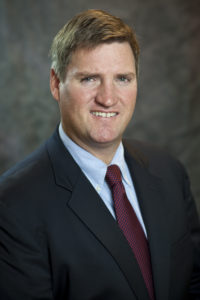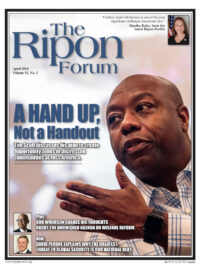
Woody Allen is credited with saying “80 percent of success is just showing up.”
It takes more than just showing up for Congress to be successful.
If measured by days in session, the Congress has been remarkably consistent when it comes to showing up.
Since 1927, the House has averaged around 142 days in session, while over the last decade, that average is around 153 days in session. From 1987 to 2007, the average was a bit lower, at 136 days in session.
What changed dramatically was not necessarily the days the Speaker gaveled sessions in or out. Instead it was the work schedule and the number of recesses. In the distant past, Congress would have fewer but much longer recesses. These days, the House comes in either on Monday night or Tuesday morning and is usually scrambling to the airport by Thursday afternoon.
Since 1927, the House has averaged around 142 days in session, while over the last decade, that average is around 153 days in session.
The ubiquity and the relative lost-cost of air travel made it easier for House Members to fly home every weekend, some even to the West Coast.
My first boss on the Hill, former long-time House Minority Leader Bob Michel, would tell stories about how he would drive back and forth between Washington and his hometown of Peoria, car-pooling with Dan Rostenkowski, who hailed from Chicago, on the journey. That sounds nice a couple of times of month, but doing it every weekend would have presented a logistical nightmare.
In the not too distant past, it was fairly routine for Members of Congress to move their entire families to the Washington metro area. But that started to change in the 1990’s, especially after Republicans took control of the House. Moving to the nation’s capital was seen as a political liability, an example of a Member who had lost touch with his or her constituents. Members were advised to leave their families in their districts and promised that they could get home in time to watch Little League games over the weekend.
The promise of a family-friendly Congressional schedule meant that Members packed pretty much all of their work into a compact three-day schedule (okay, more like a two and a half day schedule), before racing off to the airports and flying to all parts of the country.
It’s hard to do any job on a three-day schedule. It is impossible to do the hard work of the American people — to make the laws of the land, to do proper oversight, and to pass routine spending bills, in that abbreviated time.
Members barely know each other in their own political parties, let alone have the ability to get to know folks from the other side of the aisle. A Member who swoops in on a Tuesday morning barely has time to get fully briefed on his or her own subcommittee responsibilities before having a chance to meet the crush of constituents and then attend the multitude of fundraisers that are essential to doing the job.
The result has been devastating to the work-product of the Congress. The reputation of the legislative branch has been stuck at historic lows for a decade. The appropriations process hasn’t been completed on time for longer than that.
The high cost of living in the metro area makes it highly unlikely that most new Members can afford to move their families to Washington. DC is now one of the most expensive cities in which to live in the United States. That’s why so many Members find themselves either sleeping in their offices or bunking with some of their colleagues, neither of which is a beneficial result. Even Speaker Paul Ryan sleeps in his office in one of the House office buildings, a remarkable and regrettable situation for the third ranking official in world’s most powerful country.
Here are five ideas to consider to make Congress work:
- Change to a two-year budget process, with the first year dedicated to oversight and authorization and the second year dedicated to actual spending authority.
- Update the Committee process so that Members can hold virtual committee hearings from their districts.
- Give Members of Congress a housing allowance so that they can afford the high-costs of living in or near the nation’s capital.
- Change the schedule so when Members are home, they are home for a full week and when they are in Washington, they are in Washington a full week.
- Ban fundraising when Congress is in session, so that Members can focus on their work and not on bolstering their campaign coffers.
The news that Paul Ryan is retiring speaks less to the political headwinds facing Republicans and more to the miserable conditions that many Members of Congress on both sides of the aisle find themselves working under. The result has been inadequate legislation production and unhappy politicians who would rather retire than do the essential business of the American people.
The news that Paul Ryan is retiring speaks less to the political headwinds facing Republicans and more to the miserable conditions that many Members of Congress work under.
When the voters say it is time for a change, they don’t usually think in terms of changing Congress to make things easier for our representatives. But making life easier for Congress might very well make life better for all of us.
John Feehery is a partner of EFB Advocacy, a boutique lobbying and strategic advocacy firm on Capitol Hill.




